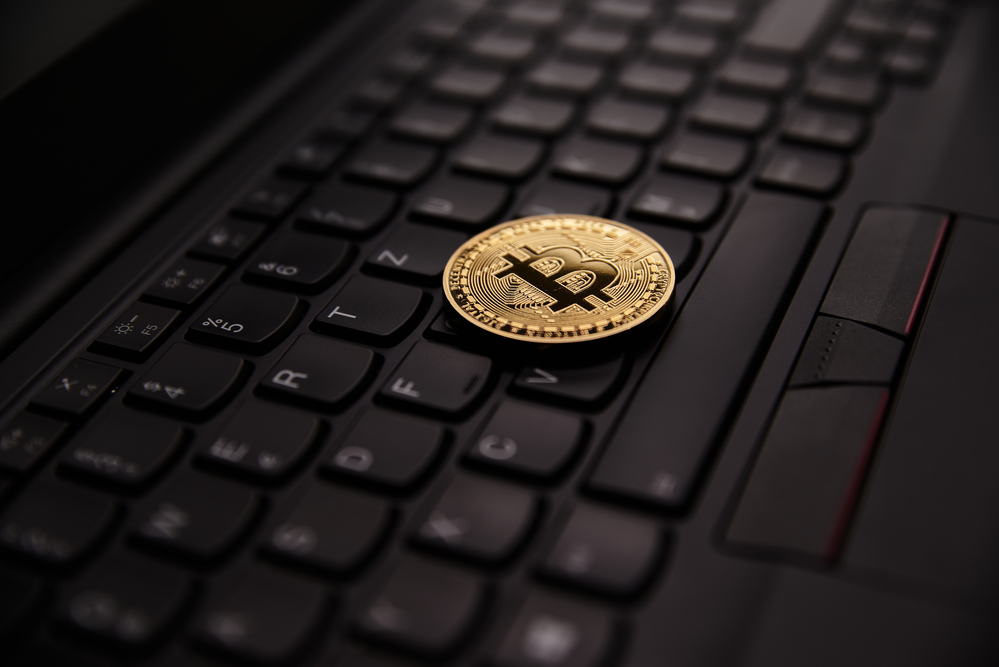What started off as a few rumblings by disgruntled crypto traders has now become a full-blooded cry for greater oversight, especially in the wake of the recent global crash of alternate currencies.

A little over a week ago, on the 1st of June, news reached us that some Senate members had received a letter from some much respected technical experts in the crypto industry, asking for help as the markets prices of major currencies, such as Bitcoin and Ethereum continued to plunge.
In the letter, which was actually a signed petition, Senate members were asked to step in and take a deeper, and more skeptical, look at the way the crypto market was operating. They were urged to resist pressure from crypto market boosters, lobbyists, and financiers, and it seems that finally, Senate has decided to listen.
The much-awaited Senate response, which we predicted would happen soon, has finally come, and early reports seem to suggest that the authors of that letter will get what they asked for, or at least part of it. It appears that huge changes are coming in terms of crypto legislation in what is hoped to be the answer to the current crisis the industry finds itself in.
Senior Senate members Debbie Shaw and John Boozman have been tasked with drafting a Bill that would effectively place all crypto-related activities under the supervision of the Commodity Futures Trading Commission (CFTC).
While details of the exact wording of the Bill are still to be finalized, it is safe to assume that tighter measures are soon to be implemented to prevent what has been happening in the past few weeks from happening again in the future. In the meantime, the appointment of the CFTC and Washington’s new watchdog in all things crypto has been put into question, with many arguing that the Securities and Exchange Commission would have been the better choice.
Whichever governing body is eventually selected is likely to put an end to the current habits of many trading platforms and digital sectors that regularly ignore the rules that govern other members of the securities and commodities markets.
The CFTC Chairman, Rostin Behnam, has gone as far as to ask that his agency be given direct oversight permission to probe digital markets, as well as monitor crypto trading platforms. His argument for this request is that since the largest players in the crypto markets, Bitcoin and Ethereum, have traditionally been under his agency’s supervision, they are the most qualified to oversee any new legislature.
The US is Not Alone In This
It appears that the United States is not the only country to have come to this realization of the need for improved monitoring of all cryptocurrency goings-on, nor indeed are they the first. Last week, some Asian countries, such as Crypto giant South Korea, announced that they would be taking a closer look at cryptocurrencies.
Now, it seems that Lithuania has also joined the bandwagon. The small European nation has seen public interest in cryptocurrency among its citizens rise steadily over the past couple of years to the point that it now considers the crash of the online markets an event of great importance.
In response, on Wednesday 8th of June, the Lithuanian authorities approved a proposal to tighten oversight of the cryptocurrency sector. Under the new regulations to be imposed, the opening of anonymous accounts would be banned with immediate effect. There will also be an improvement in customer identification measures and in an increase in the minimum capital requirements for all potential crypto platforms to $134K.
As an added measure, all senior members of staff, in particular, management will have to be Lithuanian residents, and the identities of operators of online currency exchanges as well as digital wallets will have to become public knowledge. While these measures have not yet been implemented, the fact that they are even being considered goes to show just how serious the current situation is.
Final Thought
Crypto trading, it seems, will become quite different soon, especially if the measures being taken by Lithuania are an example of what to expect from the rest of the world.
While this is surely welcome news from a safety and security perspective, it remains to be seen how such measures will affect investor confidence within the sector.
ChesWorkShop commits to presenting fair and reliable information on subjects including cryptocurrency, finance, trading, and stocks. However, we do not have the capacity to offer financial guidance, advocating instead for users to conduct their own diligent research.
